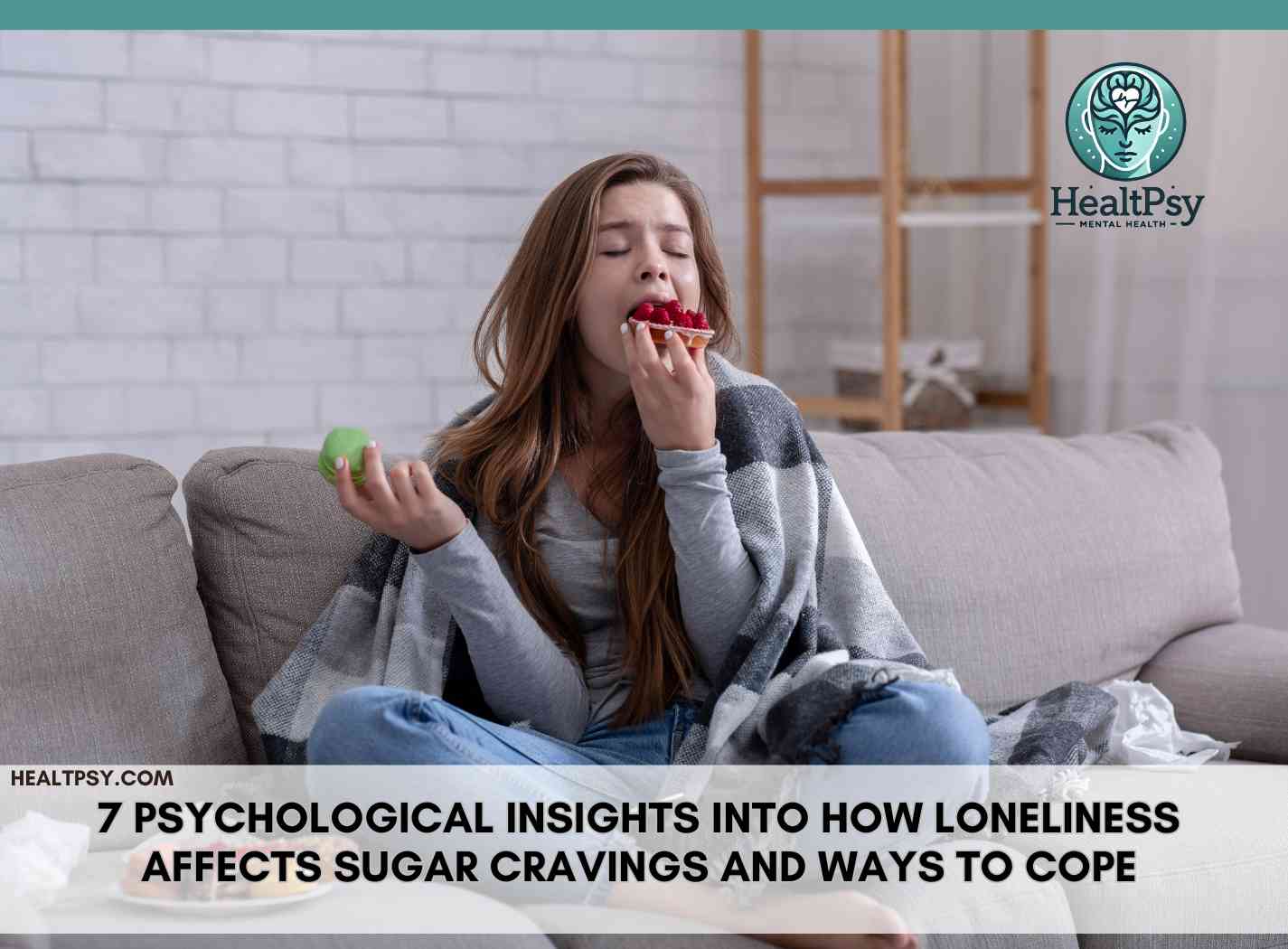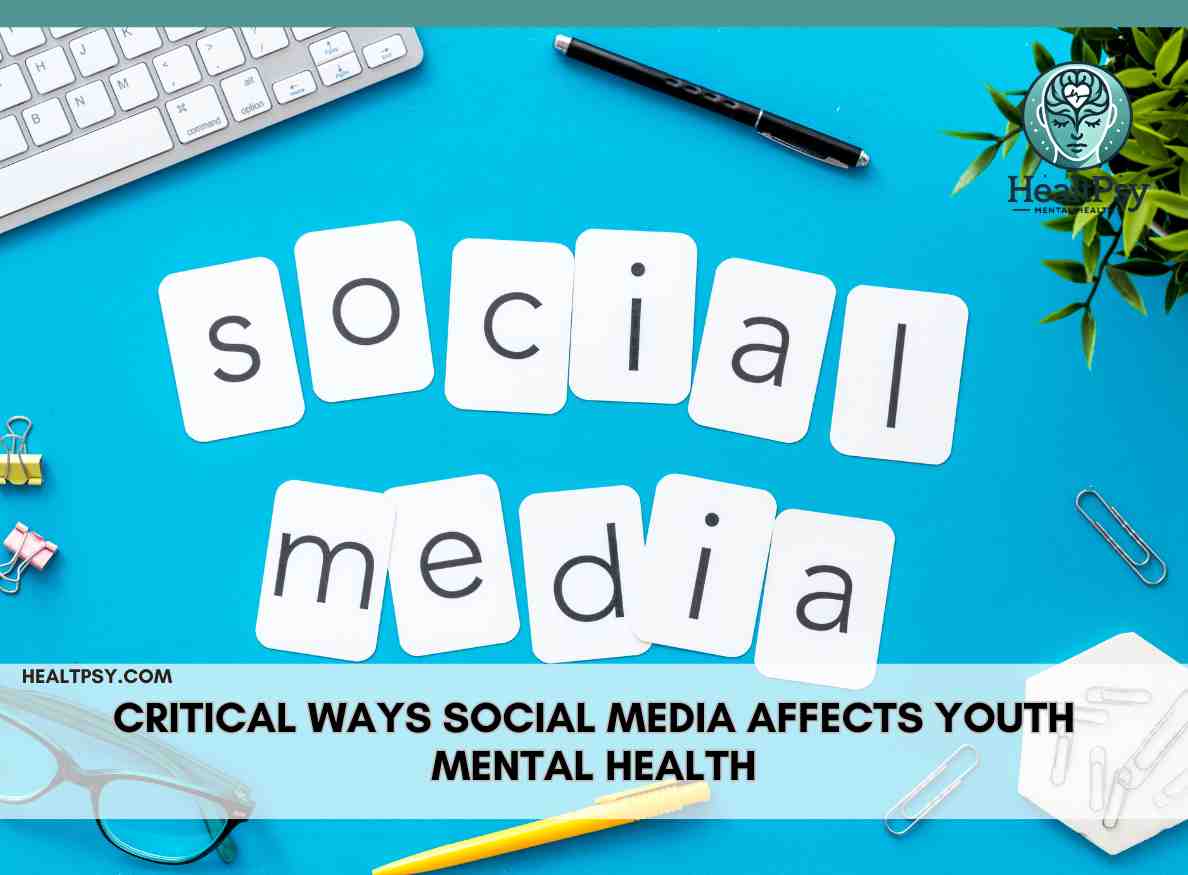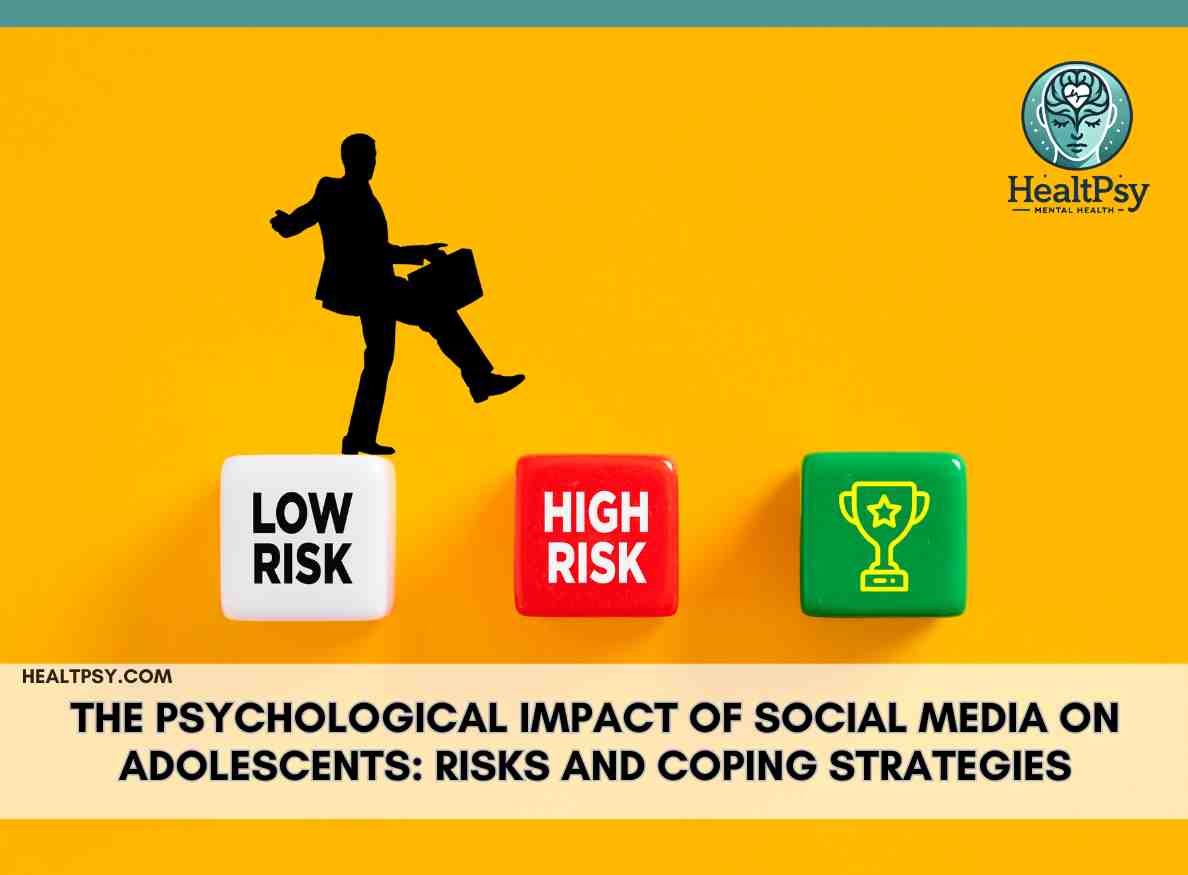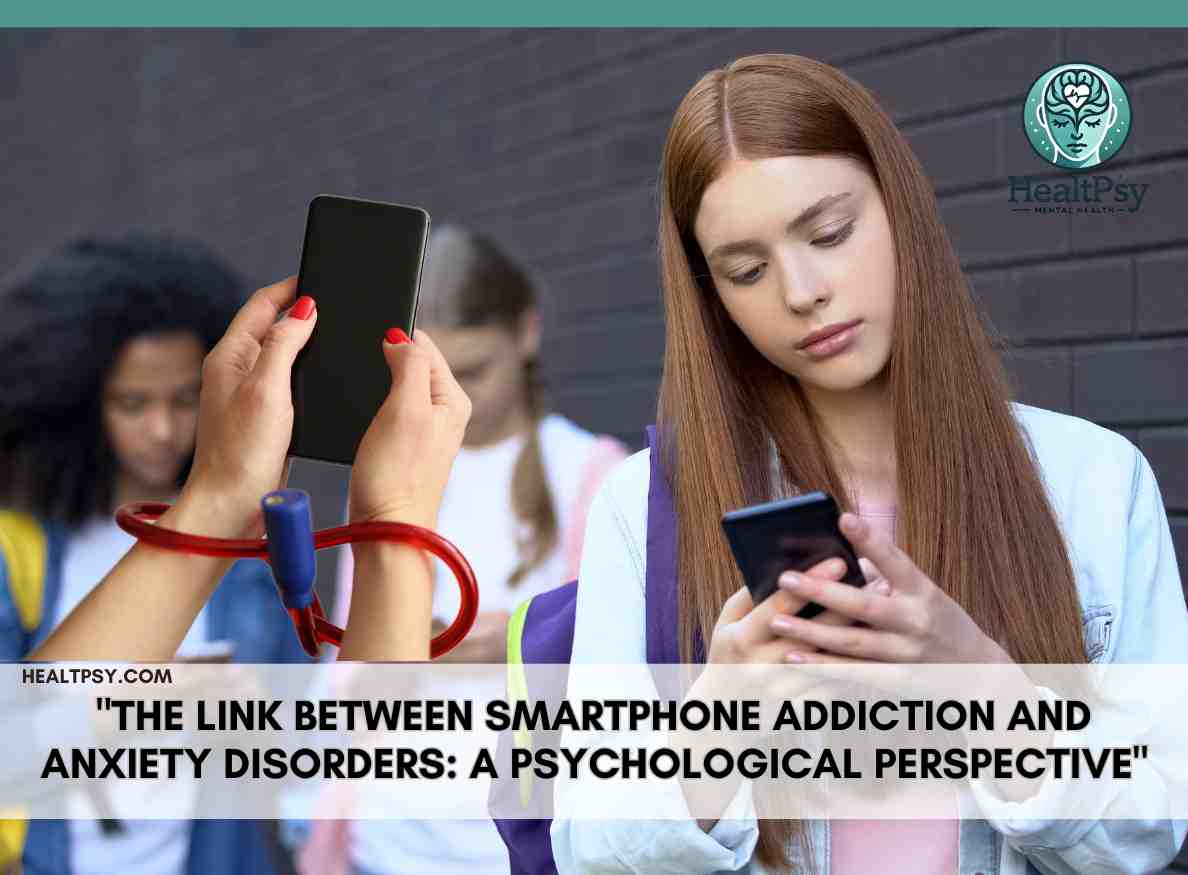7 Psychological Insights into How Loneliness Affects Sugar Cravings and Ways to Cope
Loneliness and sugar cravings are more connected than many realize. Studies show that feelings of isolation can trigger the brain’s reward system, leading to increased consumption of sugary foods as a coping mechanism.
When individuals feel lonely, they often seek comfort through quick sources of pleasure, such as sugary snacks, to fill the emotional void. This temporary relief, however, can quickly become a habit, reinforcing the cycle of loneliness and unhealthy eating. Psychological research highlights that prolonged loneliness can alter brain chemistry, increasing the craving for high-sugar foods. Additionally, social isolation may reduce serotonin levels, a neurotransmitter essential for mood regulation, making individuals more susceptible to emotional eating. Understanding this link is crucial for promoting healthier coping mechanisms and improving mental well-being. This article explores the psychological link between loneliness and sugar cravings, the impact on mental and physical health, and strategies to break this cycle.
The Psychological Connection Between Loneliness and Sugar Cravings
Loneliness is a state of emotional distress caused by perceived social isolation. Research by the American Psychological Association (APA) reveals that loneliness can lead to unhealthy eating habits, particularly a preference for sugary foods, as the brain seeks comfort and pleasure.
Additionally, loneliness increases cortisol production, a stress hormone linked to heightened cravings for high-calorie foods. Sugar consumption provides a temporary dopamine boost, creating a cycle of emotional eating that can affect both mental and physical health.
📌 For more on mental health, visit Mental Health and Digital Well-Being.
🔗 External Source: Harvard Health – Loneliness and Eating Habits
7 Psychological Insights into Loneliness and Sugar Cravings
1. Loneliness Triggers Emotional Eating
Lonely individuals often use food as an emotional escape, leading to overconsumption of sweets for temporary comfort.
📌 Explore self-care tips in The Importance of Self-Care in Preventing Psychological Issues.
🔗 External Source: Mayo Clinic – Emotional Eating
2. Sugar Provides Temporary Relief
Sugar stimulates the brain’s reward center, temporarily alleviating feelings of loneliness but leading to long-term dependency and health issues.
3. Cortisol’s Role in Sugar Cravings
Elevated cortisol from loneliness increases appetite and preference for sugary foods, contributing to emotional eating cycles.
4. Social Isolation Reduces Serotonin
Loneliness lowers serotonin levels, a mood-regulating neurotransmitter, making sugary foods a quick but unsustainable solution.
5. Sugar and Mood Swings
Frequent sugar consumption due to loneliness can lead to blood sugar spikes and crashes, worsening mood swings and emotional instability.
6. Psychological Dependence on Sugar
Loneliness can create a psychological dependence on sugar as a coping mechanism, similar to substance addiction.
7. The Cycle of Loneliness and Unhealthy Eating
Unhealthy eating due to loneliness can lead to weight gain and poor self-image, further isolating individuals and perpetuating loneliness.
Impact of Sugar Cravings on Mental and Physical Health
Chronic sugar consumption can lead to obesity, diabetes, and depression. Understanding and addressing the root cause of loneliness is essential for breaking this cycle.
🔗 External Source: World Health Organization – Sugar and Health
Strategies to Overcome Sugar Cravings Caused by Loneliness
- Build Social Connections: Engage with family, friends, or support groups to reduce feelings of isolation and the need for comfort eating.
- Adopt Healthy Eating Habits: Incorporate balanced meals rich in protein, fiber, and healthy fats to stabilize blood sugar levels and reduce cravings.
- Practice Stress Management Techniques: Activities like yoga, meditation, and deep breathing can lower cortisol levels and minimize emotional eating triggers.
- Seek Professional Help: Therapists can provide strategies to cope with loneliness and develop healthier eating habits.
Conclusion
Understanding the connection between loneliness and sugar cravings is vital for mental and physical well-being. By addressing emotional triggers and adopting healthier habits, individuals can break free from emotional eating and enhance their quality of life.
📌 For more on psychological support, visit Psychological Support and Therapy.
you might also like





